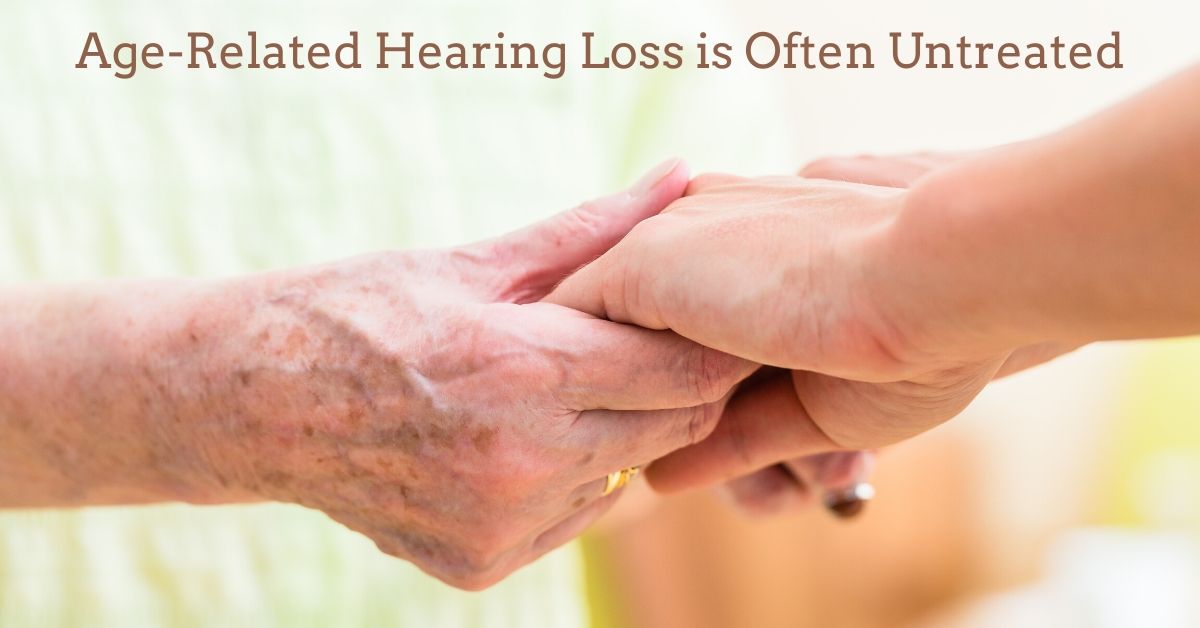If you’re aged between 53-71 years old, you’re a baby boomer and probably looking forward to retiring soon. You should also, however, be wary of your hearing health. When an individual reaches 65 years of age, statistics show that their likeliness to lose hearing rises to a 50/50 chance.
A study by the Better Hearing Institute has found that the number of baby boomers with a reported hearing loss is about 1 in 6. This survey was published in 2005 when the age range of baby boomers was 41-51. Figures for this year are bound to be higher, and more than 50 million boomers are expected to suffer from hearing loss by 2030.
Hearing loss is a significant problem for Americans, but few people are taking the right measures to address it. You should have you have your hearing tested once a year after age 60 to monitor your hearing health. Whether caused by lifetime exposure to noise or age-related hearing loss, almost two-thirds of people will lose hearing by the age of 70!
Hearing loss is underreported
The survey above only reports the number of boomers that have been diagnosed with hearing loss officially. This makes the information a little unreliable.
Why is this the case? Sadly, many people have put off getting their hearing tested for many years and chose to live with the adverse outcomes of hearing loss. Others do not even recognize that they have a hearing problem until someone else has brought it to their attention.
This is because the hearing loss associated with age can be tough to self-diagnose, due to two reasons:
It is gradual: It is an invisible disease that slowly evolves. What that means is that slight interruptions are not often noticed immediately.
It’s uneven: Hearing loss symptoms don’t show up exactly as you might think they will. Instead of an overall reduction of sound (much like lowering the volume on a stereo), age-related hearing loss usually starts as a frequency distortion. It might just seem as if everyone you speak to has trouble pronouncing their names. As hearing health continues to deteriorate, years can pass until it is overly evident that a hearing test is needed.
What happens if you don’t treat your hearing loss
While it may not seem that your social life, cognitive abilities, and hearing abilities have much in common, hearing loss brings the connections between them into sharp relief.
Untreated age-related hearing loss complicates communication, and as a result, people begin to avoid social situations where they have to have conversations and interact with friends and loved ones. This social isolation could, over time, lead to an increased risk of dementia, especially in older adults.
Likewise, untreated hearing loss has detrimental impairments on our cognitive abilities. Johns Hopkins University studies have found that people with untreated hearing loss are at higher risk of developing dementia, due to the cognitive burden that the brain requires to make sense of ambiguous sound signals. This heavier cognitive load reduces the focus of the mind on other functions, and so people may experience problems of concentration and memory as well as lowered cognitive abilities.
Early treatment is necessary
The early recognition and treatment of hearing loss are the best ways to minimize the impact of hearing loss on your life.
As hearing loss progresses, the way your brain interprets sound fundamentally changes. Waiting to treat your hearing loss means losing your brain’s natural healing response. The auditory cortex is rewired to make up for the hearing loss. This makes it much more difficult to transition to hearing aids and other hearing treatments.
No matter how long you have been waiting to deal with your hearing problems, treatment is still worthwhile. Treatment will stop further hearing issues and help you remain healthy and more involved in life.
Outdated hearing aids myths still persist
Though it has declined in the last few decades, there is still a stigma against hearing aids. Maybe people think of it as a sign you have entered old age. The truth is that we communicate with a far greater number of people with hearing loss than we know because so many of today’s hearing aids are built smaller and more technologically advanced than ever.
Do not allow age-related hearing loss to stop you from doing what you love, schedule an appointment with us, and keep track of your hearing health. We offer comprehensive hearing testing and friendly and knowledgeable staff who are trained to guide you on your hearing journey.

